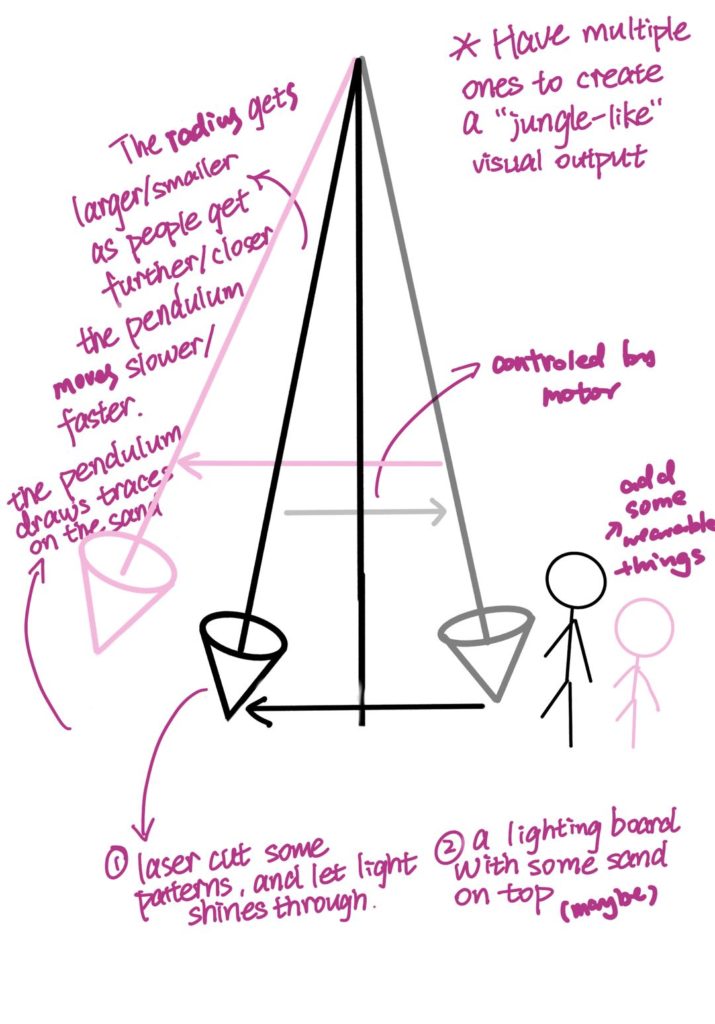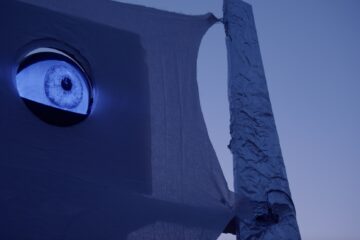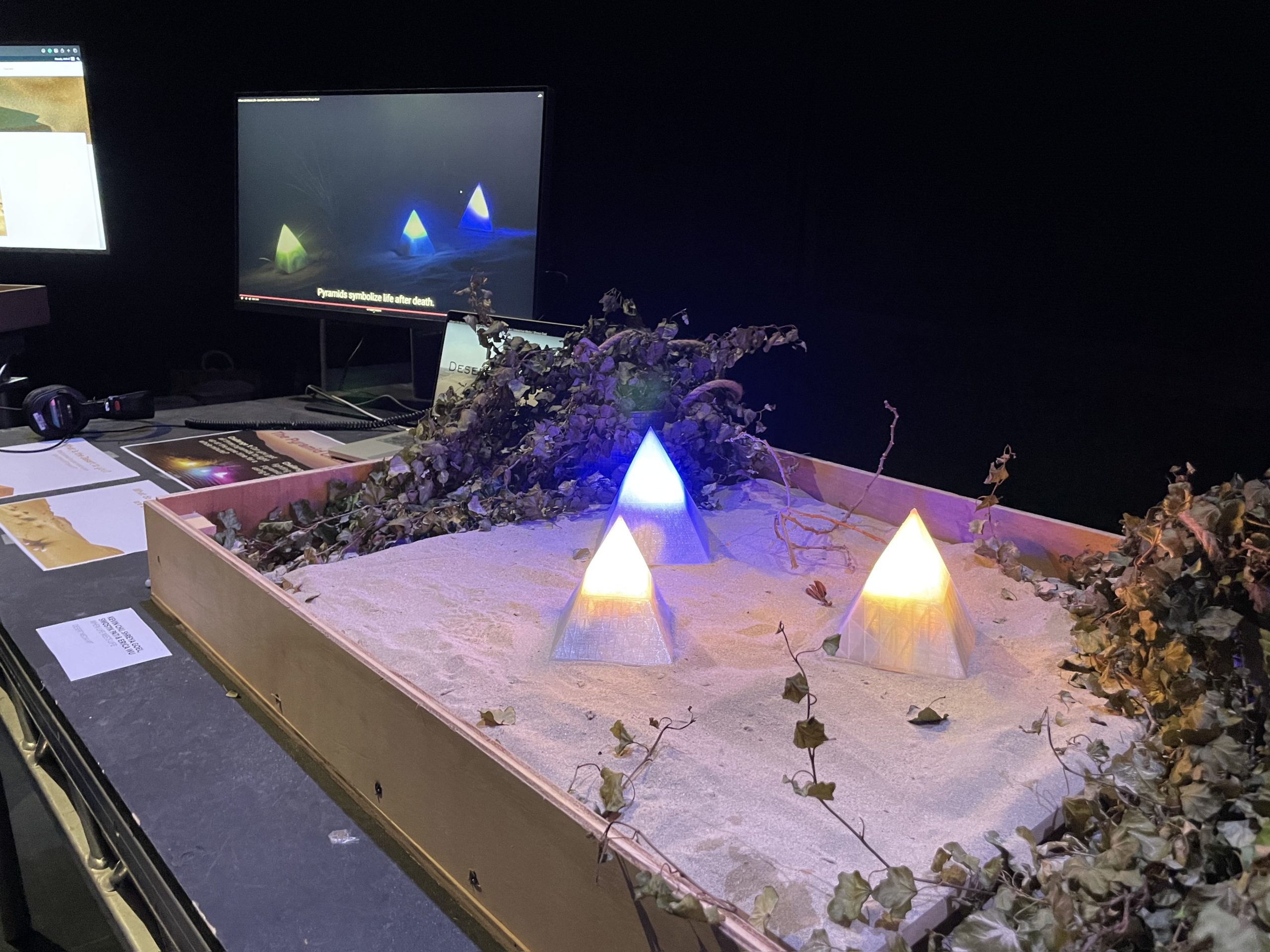Group: Jiapei, Shiyuan, Rosanna, Lexie

Our project wants to discuss how the desert, as a special immersive environment, influences people’s subjective perception and concentration. According to some scientific reports, exposure to a monotonous sensory environment could elicit reports indicating aberrant subjective experience and altered time perception. Desert, which often gives people who are present the feeling of loneliness and monotony, is a very typical natural monotonous sensory environment. Also, adventurers, explorers and nomadic people who have experiences in the desert talk about the different senses of time in the desert. Is the perception of time from the Nomad the same as those living in the metropolis? How do city people perceive time when entering the desert or when staying in the desert? Could the intensity of people’s different sensory perceptions of time while immersed in different environments be visualized? How could this power of the desert, the local immersive environment be applied or be influential? We are looking forward to people’s real reactions and interactions with the local immersive environment, recording them, letting the participants feel and power and, in the meantime, complementary to our debate.
The installation is a figure that represents time. We want to adopt the look of the ticking clock for its visual. The distance between viewers and the installation represents a feature that influences viewers’ perception of time, for example, the degree of concentration of viewers, or their familiarity with the environment. This specific feature is yet to be decided. The distance between viewers and the installation will affect the performance of the installation, for example, the ticking of the clock slows down/speeds up when viewers approach/move away. We are also considering of adding some wearable small things for the participants to immerse them mroe.
Main Technique:
- Distance sensor
- Motor
- Light (LED)
- Laser cutting
- 3D printing
Reference:
- the greater the environmental variation, the shorter is the time estimation obtained by the method of production; hence, exposure to a monotonous sensory environment should result in a lengthening of time production (Time Perception and the Experience of Time When Immersed in an Altered Sensory Environment)


